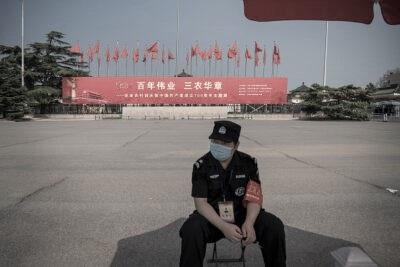Commentary
Beijing authorities distributed a sample of a new census survey on June 15 and residents were notified that it would eventually cover every household and every individual in China’s capital city.

Beijing authorities distributed a sample of a new census survey on June 15 and residents were notified that it would eventually cover every household and every individual in China’s capital city.